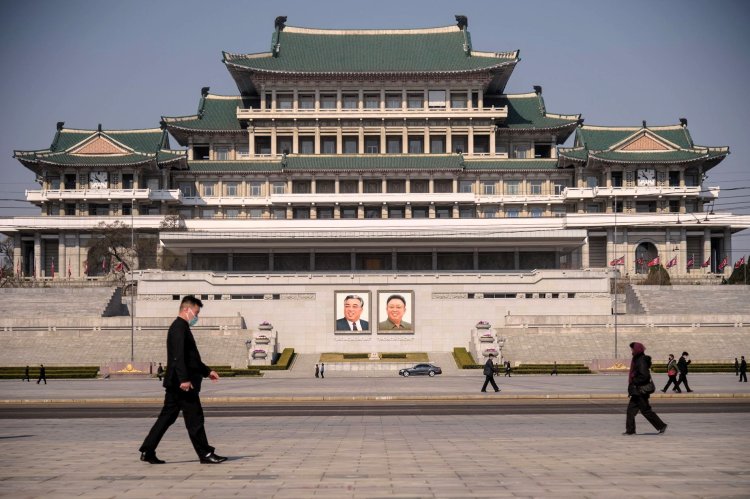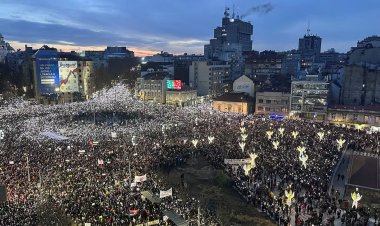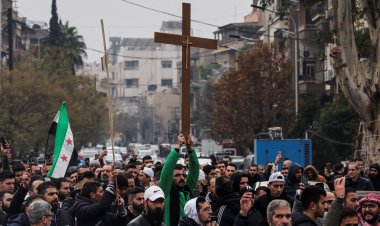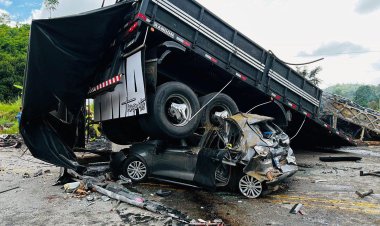North Korea to Resume International Tourism in 2024

North Korea will resume international tourism to its northeastern city of Samjiyon in December, and possibly the rest of the country, tour companies said.
"We have received confirmation from our local partner that tourism to Samjiyon and likely the rest of the country will officially resume in December 2024," the Beijing-based Koryo Tours said on its website. Another travel agency, KTG Tours, also announced that tourists would be able to visit the city near the Chinese border starting this winter.
The move is a sign that the reclusive country is readying to reopen borders to bigger groups of foreign tourists after years of strict COVID border controls. North Korea has not been fully open to international tourists since 2020.
Samjiyon is near Mount Paektu, the holy mountain where North Korean leader Kim Jong Un's family claims its roots, and he has made multiple visits since 2018, with the official KCNA news agency touting it as "epitome of modern civilisation".
Samjiyon has been undergoing major redevelopment in recent years, with Kim Jong Un revealing plans in July to rebuild its airport, convert a military ski base into a resort, and build new railways and hotels for foreign tourists, according to state media.
Kim Jong Un said at the time that plans to “revitalize international tourism” would be aimed at visitors from “friendly” nations.
It also claims Paektu is where the incumbent's father, Kim Jong Il, was born.
KCNA reported in July that the Mount Paektu-Samjiyon zone was envisioned to be a “four-season mountainous tourist area to meet the cultural and emotional needs of the people on the highest level and revitalize international tourism.”
North Korea has only allowed Russian tourists to enter the country since early 2024, amid warming ties between the two nations.
It was only in August last year that North Korea allowed the return of citizens who were locked out because of border controls, one of the last few countries to do so.












